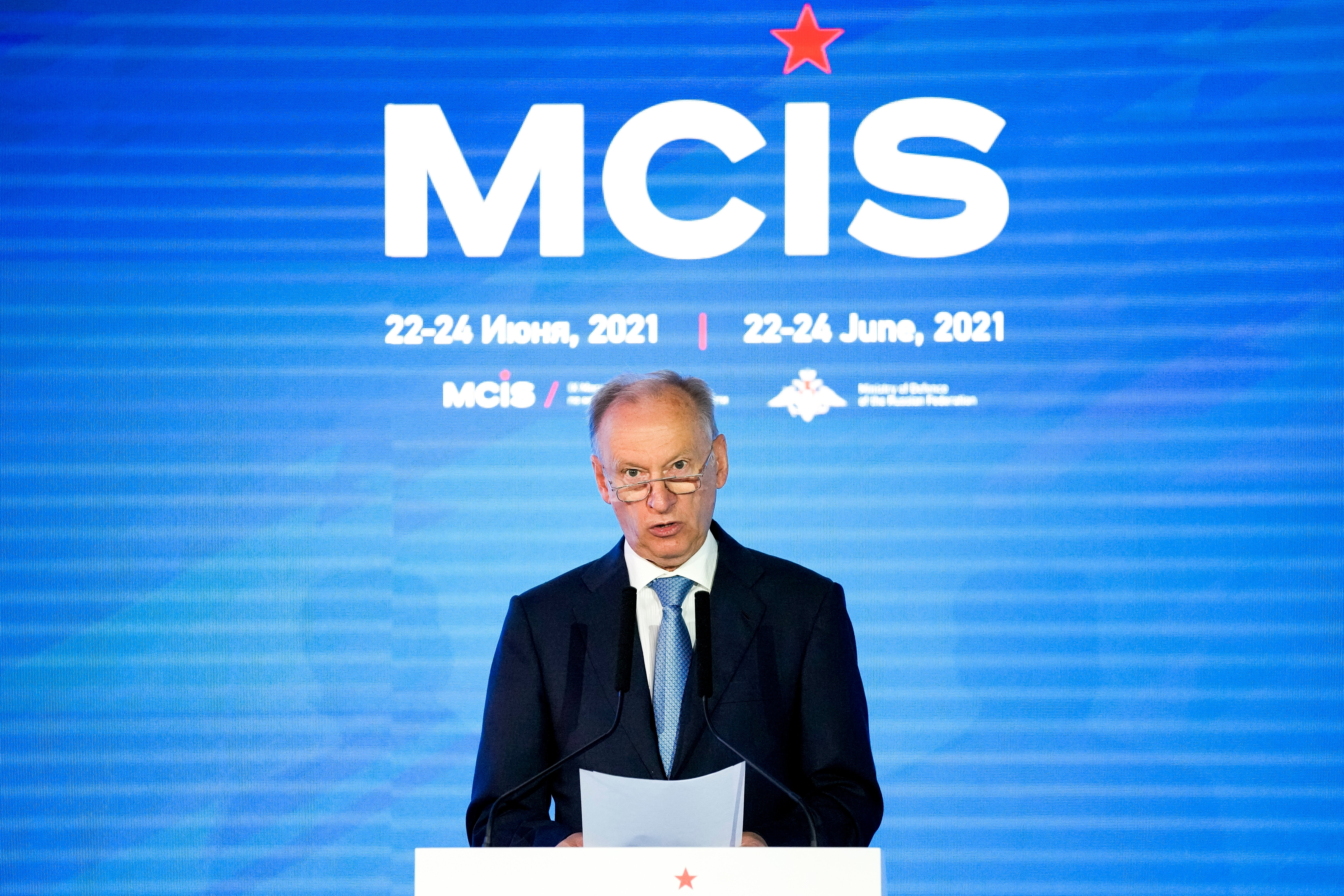With all eyes on Ukraine, Putin to send his envoy to Balkans
With all eyes on a possible Russia invasion of Ukraine, Russian President Vladimir Putin is sending his top security envoy to the Balkans where Moscow has been trying to maintain influence mainly through its ally Serbia

With all eyes on a possible Russia invasion of Ukraine, Russian President Vladimir Putin is sending his top security envoy to the Balkans where Moscow has been trying to maintain influence mainly through its ally Serbia.
Serbia’s pro-government media said Monday Nikolai Patrushev, the powerful secretary of the Kremlin’s Security Council, is due to arrive in Belgrade in the coming days for talks with Serbia President Aleksandar Vucic. Moscow hasn't made an announcement about Patrushev's trip.
The talks are reportedly to focus on Moscow’s claims that “mercenaries” from Albania, Kosovo and Bosnia are being sent from those Balkan states to fight on the Ukrainian side against the pro-Russia rebels amid fears of a Russian attack.
Officials from Albania, Kosovo and Bosnia have rejected those claims, which were made by Russian Foreign Minister Sergei Lavrov last week.
“There’s information that mercenaries are being recruited in Kosovo, Albania and Bosnia and Herzegovina to knock Russia out of balance and send them to places including Donbass,” Lavrov said according to the Russian TASS news agency, referring to the rebel-held territory in eastern Ukraine. “We are now double-checking that.”
Vucic on Monday called a meeting of Serbia’s top security officials who reportedly also discussed the reports of “mercenaries” from the Balkans going to Ukraine. Dozens of Serb fighters have in the past fought in eastern Ukraine, but on the side of the pro-Russia rebels.
Serbia has formally declared neutrality in the Russia-Ukraine standoff that threatens a major war in Europe. However, Serbia’s state-controlled media is squarely supporting Moscow in the crisis, carrying Russian propaganda without any questions raised.
Although formally seeking European Union membership, Serbia has refused to align its foreign policies with the 27-nation bloc and has instead strengthened its political, economic and military ties with Russia and China.
The increasingly autocratic Vucic, who faces an April 3 general election, opened his campaign this past weekend by declaring that as long as he is in power, Serbia will never join NATO and will maintain its close ties with Moscow and Beijing.
Illustrating growing ties between the two Slavic allies, Serbia and Russia have recently formed a “working group” tasked with combating popular revolts known as “color revolutions” that the two countries’ top security officials described as instruments of the West to destabilize “free states.”
Western officials have accused Kremlin of “malign” influence in the Balkans that has helped fuel a wave of nationalism which threatens to undo peace in Bosnia after its 1992-95 war, reignite armed conflict over Kosovo that split from Serbia in 2008, and stir up political troubles in NATO-members North Macedonia and Montenegro.
Moscow has repeatedly denied those claims, although maintaining that Bosnia, Serbia and Kosovo must never join NATO.
Bosnia is in the middle of a political crisis, with EU foreign ministers meeting in Brussels to discuss ways to ease tensions and prevent the possible breakup of the ethnically divided Balkan country. Bosnian Serbs, who have the support of Serbia and Russia, are threatening to split from the federation.
___
Llazar Semini contributed to this report from Tirana, Albania.
Bookmark popover
Removed from bookmarks